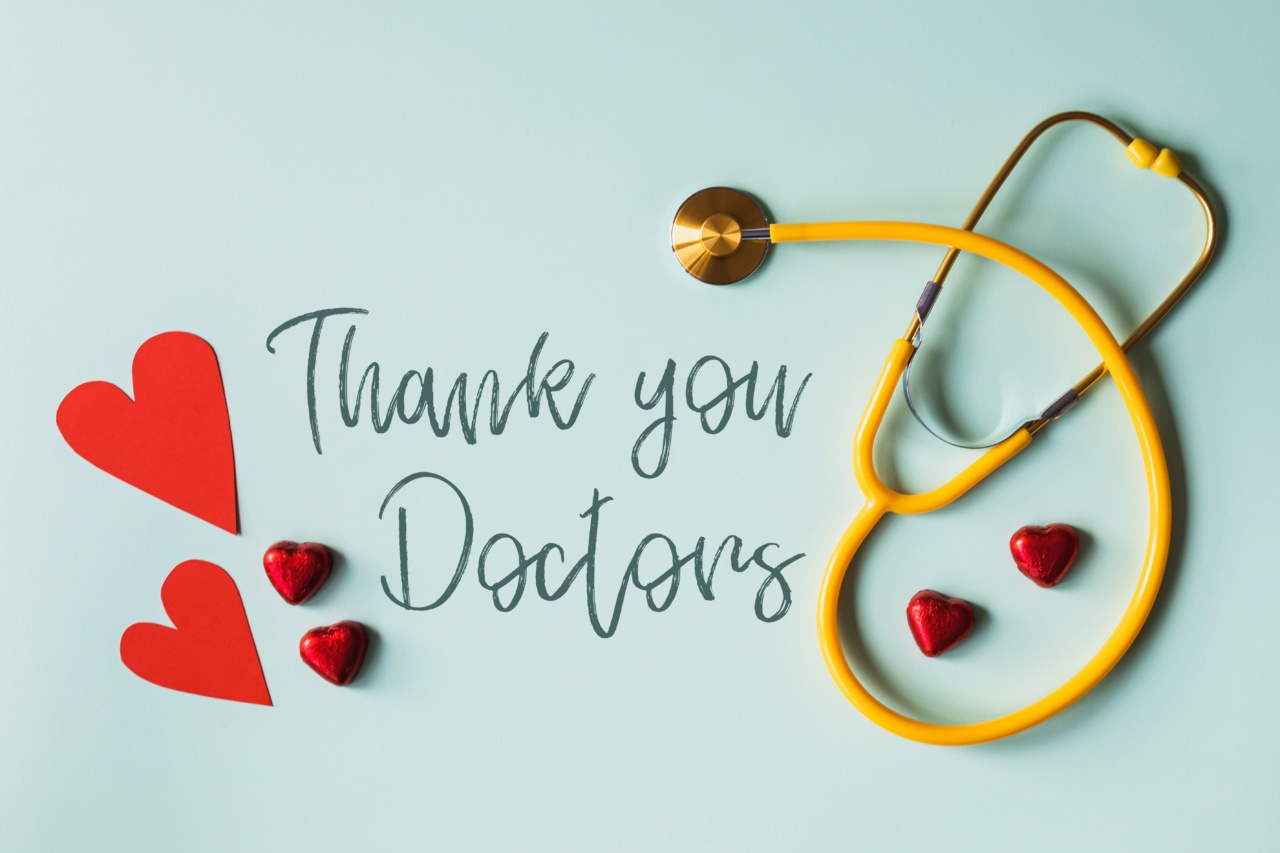Heart disease is dubbed the leading cause of death globally. According to the World Health Organization, 17.9 million people died of heart disease in 2016. It is responsible for one in every four deaths in the United States.
The condition affects both women and men, and its symptoms differ. However, most people realize they have a heart condition when it is in later stages, where the damage is irreversible. That’s why it’s essential to know the early signs of heart disease to seek treatment early.
Below are the early signs of heart disease that you need to know:.
1. Chest Pain or Discomfort
Chest pain is one of the early signs of heart disease. In medical terms, it’s called angina, and it’s a result of limited blood flow to the heart. The discomfort may feel like tightness, pressure, or a sharp pain around the chest area.
Notably, chest pain doesn’t always mean you have heart disease. Nevertheless, it is a warning sign that shouldn’t be ignored.
2. Shortness of Breath
Shortness of breath or dyspnea is a feeling that your breath is insufficient. You might experience it even while doing normal activities such as walking, climbing stairs, or carrying groceries.
It can be a sign of a heart attack, heart failure, or abnormal heart rhythm. Occasional shortness of breath may not be as alarming, but if it happens frequently, you should seek medical attention.
3. Fatigue and Weakness
Feeling exhausted unnecessarily is also a sign of heart disease. You might feel out of energy to perform routine activities such as house chores or working out.
Fatigue can be caused by all kinds of issues, but if it’s recurrent, it’s a sign that your heart’s pumping ability and blood flow may be affected.
4. Swollen Legs, Ankles, and Feet
When your heart is unable to function efficiently, fluid can build-up in different parts of the body, leading to swelling in legs, ankles, and feet. It’s known as peripheral edema.
It’s more common in the lower legs, and it tends to get worse as the day progresses. Swollen limbs can also be a sign of venous insufficiency, kidney issues, or liver problems. If you suspect heart disease, it’s best to consult your doctor.
5. Elevated Heart Rate
Your heart rate is the number of times your heart beats per minute. It varies depending on your physical activity, age, and health status. Generally, a healthy adult’s resting heart rate should be about 60 to 100 beats per minute.
An elevated heart rate, medically referred to as tachycardia, is an early sign of heart disease. If your heart rate is consistently above 100 beats per minute while at rest, it’s time to get evaluated.
6. Dizziness or Lightheadedness
Feeling unsteady on your feet or dizzy can indicate a lack of adequate blood flow to the brain. It can be a warning sign of a heart attack. In some cases, it may be a side effect of medication, dehydration, or a sudden change in body position.
It’s essential to observe if you’re experiencing dizziness along with other symptoms, such as chest discomfort.
7. Irregular Heartbeat
A healthy heart follows a specific rhythm. However, if the rhythm becomes irregular, it could be a sign of early-stage heart disease. It’s medically known as arrhythmia. Your heart may skip beats, or it may beat too fast or too slow.
Some people may experience fluttering sensations in the chest. It’s crucial to get evaluated if you have experienced any of these signs along with the other early signs of heart disease.
8. Nausea or Vomiting
While nausea and vomiting can be caused by various health issues, they are also symptoms of heart disease. It’s because the heart and stomach share the same nerve supply. Digestive issues often occur in women experiencing a heart attack.
Men, on the other hand, may experience bloating and indigestion before a heart attack. If you experience unexplained nausea or vomiting without any other known cause, it’s worth talking to your doctor to assess your heart’s health.
9. Cold Sweat
Cold sweats are often associated with fear or anxiety, but it’s also a sign of heart disease.
When the heart isn’t pumping efficiently, it causes the body to activate the adrenal glands to produce more sweat, which leads to a cold, clammy feeling on the skin. The cold sweat is particularly a warning sign of a heart attack. If you’re experiencing cold sweats, along with chest pain or discomfort, seek medical attention immediately.
10. Jaw, Neck, or Shoulder Pain
Most people associate heart attack with chest pain. However, some people may experience discomfort in other areas such as jaw, neck, or shoulder.
If it’s associated with any other heart disease symptoms such as shortness of breath, nausea, vomiting, or sweating, it’s an alarming sign that you should not ignore.
Conclusion
Ignoring the early signs of heart disease can lead to life-threatening complications. Be aware of the signs and symptoms mentioned above and seek medical attention immediately if you are experiencing one or more of them.
Work closely with your doctor to monitor and manage your heart health to prevent future heart disease.





























